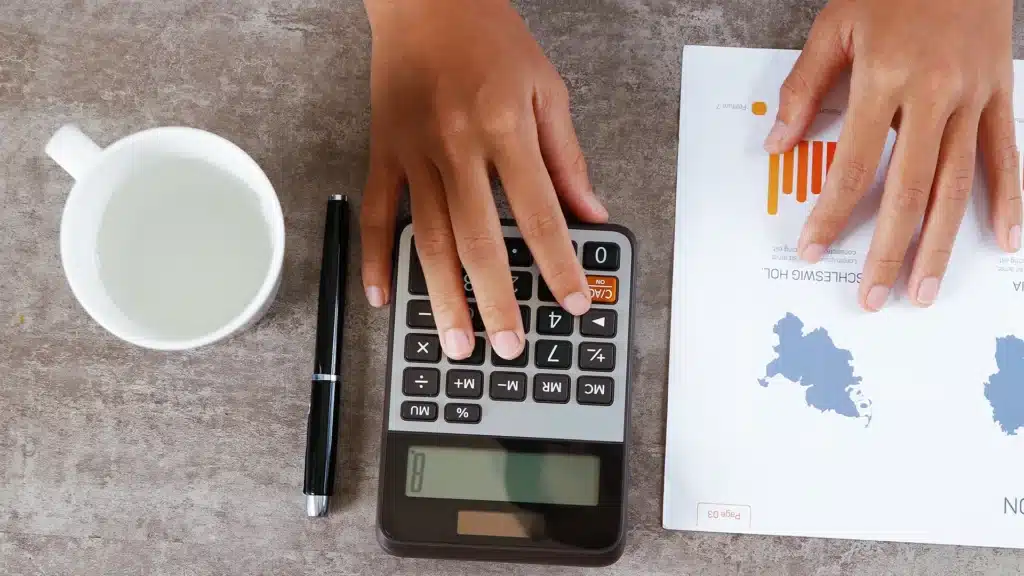For years, sending money to Mexico meant navigating long lines, limited branch hours, and unpredictable fees. Many people planned their entire afternoon around a single transfer, hoping the exchange rate wouldn’t shift between the moment they left home and the moment they reached the counter.
Fast-forward to today, and the experience feels completely different. Mobile wallets, transfer apps, and online payment systems have reshaped how people support family across the U.S.–Mexico corridor — a corridor that moves billions each year and supports millions of households.
This shift isn’t happening “because technology improved.” It’s happening because digital tools directly solve the real problems people face when sending money to Mexico: transparency, timing, security, and predictable delivery.
Let’s break down how — and why — these tools made such a difference.
Mexico’s Remittance Habits Needed a More Flexible System
Mexico has one of the most active remittance markets in the world. Families often depend on transfers weekly or biweekly, not just once a month. That frequency makes convenience and speed matter more than ever.
Most recipients in Mexico still choose cash pickup, especially in regions where not everyone uses bank accounts. OXXO stores, Elektra, 7-Eleven branches, supermarkets, and partner counters serve as accessible pick-up points.
But many households are slowly adopting mobile wallets, driven by better internet access and the popularity of digital payment systems like SPEI and CoDi. Digital transfers complement these habits by allowing senders to choose exactly how their families will receive the money.
When a tool fits naturally into someone’s lifestyle — rather than asking them to change it — adoption grows quickly. That’s exactly what we’ve seen across Mexico.
Why Trusted Digital Apps Are Changing Cross-Border Money Transfers
Trust plays a bigger role in Mexico-bound transfers than people often realize. Families depend on that money for essentials — groceries, rent, utilities, and school expenses. Even a tiny delay can cause real stress.
Traditional counter-based services didn’t always provide clear cost breakdowns. Exchange rates shifted quietly. Delivery timelines weren’t always consistent. And senders had limited visibility once the transaction was done.
Digital apps filled that trust gap.
They show the exact amount the recipient will receive. They show fees upfront, not after confirmation. They offer real-time status tracking so people aren’t left wondering if a delay has happened. And they allow senders to compare rates without pressure from a line behind them.
That’s why many people now rely on digital tools to manage cross-border transfers — including those who occasionally prefer to send money to El Salvador through modern remittance platforms. Tools like FelixPago, for example, use a transparent, WhatsApp-supported approach that does not require any extra application download and simplifies the transfer process. This consistency builds confidence and keeps the experience predictable.
Digital Wallets Align Perfectly With Mexico’s Financial Reality
Mexico has a unique blend of users: some fully digital, some partially banked, some entirely cash-based.
Modern transfer apps adapt to all three.
- For banked users: money can arrive directly into major Mexican banks like BBVA, Banorte, or Santander through fast clearing systems.
- For cash-preferred households, apps connect with nationwide pickup networks so recipients can collect funds the same day.
- For digital-first recipients: many wallets integrate with CoDi, QR-based payments, or mobile wallet credit.
This flexibility is one of the biggest reasons digital transfers work so well for Mexico. The sender doesn’t have to worry about choosing the “right” method — the recipient chooses the method that fits their daily routine.
Faster Delivery Times Make Weekly Support Easier
Mexico-bound remittances aren’t always planned in advance. Many senders support families working in agriculture, construction, childcare, or service jobs — and transfers often depend on when the sender gets paid.
Digital tools speed things up dramatically. Most apps process transfers in minutes, not days. Status updates show each step of the process. Notifications tell recipients exactly when the money is ready.
Transparent Pricing Helps Families Stretch Their Money Further
Even a small fee change matters when someone sends money multiple times a month.
Traditional services often charge layered fees: a transaction fee, a percentage fee, and an exchange-rate markup hidden inside the conversion. It was nearly impossible to calculate the actual cost without doing math on the spot.
Digital apps made pricing clear:
- total fees
- exchange rate
- final delivered amount
All displayed before you hit “send.”
Because Mexico is one of the largest remittance destinations globally, small savings add up over time.
Security Is Stronger Than Ever, Which Builds Even More Trust
Security concerns used to hold people back from digital transfers. But today, mobile-based remittance tools often exceed the security of old-style counters.
Most leading apps now use:
- biometric logins
- encrypted financial data
- device-level protection
- instant fraud alerts
- verification for new recipients
This peace of mind didn’t exist fifteen years ago.
For senders supporting loved ones in Mexico, knowing each transfer is shielded by multiple security layers is a huge relief.
Conclusion
Sending money to Mexico no longer requires rearranging your day or guessing how much the recipient will receive. Digital wallets and mobile apps offer clarity, faster delivery, multiple receiving options, and stronger security — all within a system that matches Mexico’s unique financial habits.
People choose these tools not because they’re modern, but because they’re reliable, transparent, and built for everyday life.
As digital adoption grows, Mexico-bound remittances will keep shifting toward systems that prioritize speed, trust, and simplicity—exactly what families need the most.



